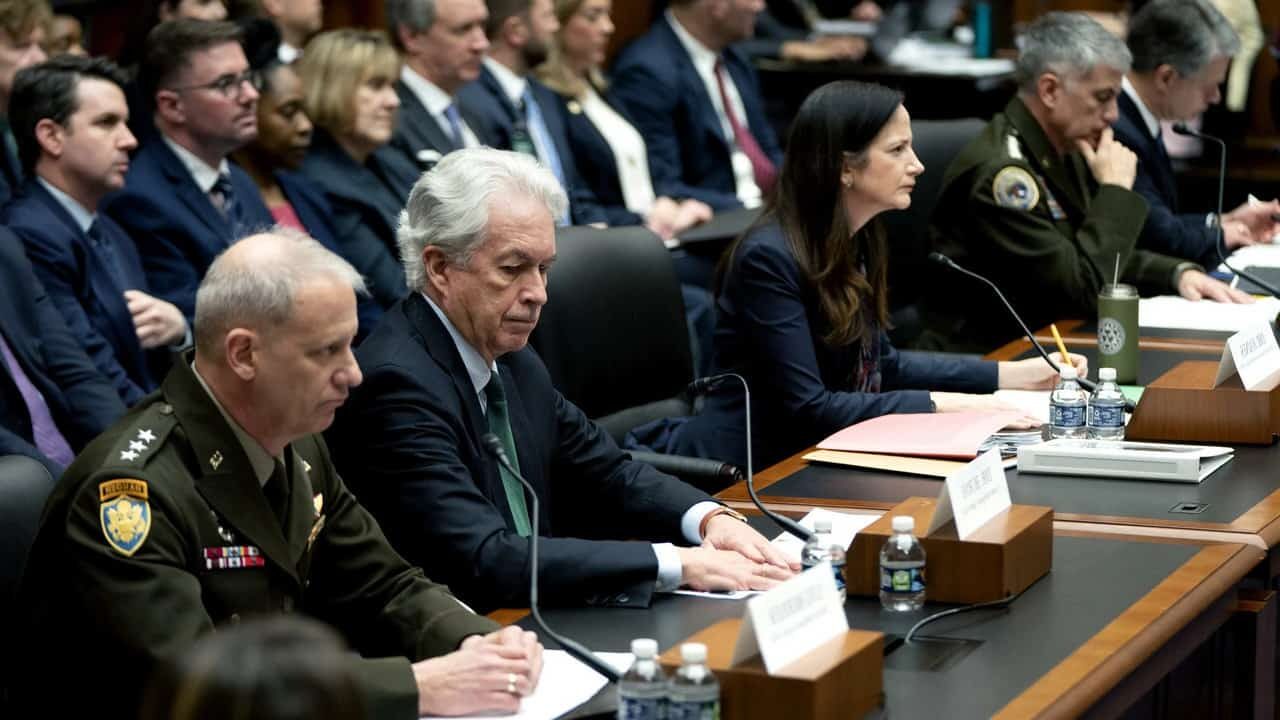US intelligence chiefs on Tuesday branded Russia’s Vladimir Putin an “angry,” isolated leader grappling for global clout, frustrated about how his Ukraine invasion has not gone to plan, and lobbing provocative nuclear threats at the West.
The long-standing president in Moscow has been “stewing in a combustible combination of grievance and ambition for many years,” CIA Director William Burns told US lawmakers.
He called the invasion of Ukraine a matter of “deep personal conviction” for Putin, his latest defiant clash with Europe and the United States.
“I think Putin is angry and frustrated right now. He’s likely to double down and try to grind down the Ukrainian military with no regard for civilian casualties,” Burns said at a congressional hearing on global threats.
The Russian strongman has encountered a tidal wave of opprobrium for the deadly invasion, leaving him isolated like never before.
The US intelligence community warned of the potential for Putin to lash out, especially noting an elevated nuclear threat.
Lieutenant General Scott Berrier, director of the Pentagon’s Defense Intelligence Agency, said Russia under Putin has been working overtime to modernize its weaponry, particularly smaller-yield nuclear weapons.
Putin has “invested in tactical nuclear weapons,” Berrier said. “I believe that he thinks that gives him an asymmetric advantage.”
Putin took the shock step last month of putting Russia’s nuclear forces on high alert.
Some US officials have privately expressed concern that, in a worst-case scenario, he might order deployment of such mini-nukes on a city.
Director of National Intelligence Avril Haines said “Putin’s nuclear saber-rattling” has put the West on notice.
“We assess Putin feels aggrieved the West does not give him proper deference, and perceives this as a war he cannot afford to lose,” Haines told the panel.
“But what he might be willing to accept as a victory may change over time,” she said.
Putin’s invasion has produced “a shock to the geopolitical order with implications for the future that we are only beginning to understand, but are sure to be consequential.”
With Putin under immense pressure, the “system” the Russian president created of a circle of close advisors is getting “narrower and narrower,” the CIA’s Burns said.
In such a system, “it’s not proven career enhancing for people to question or challenge his judgment.”

